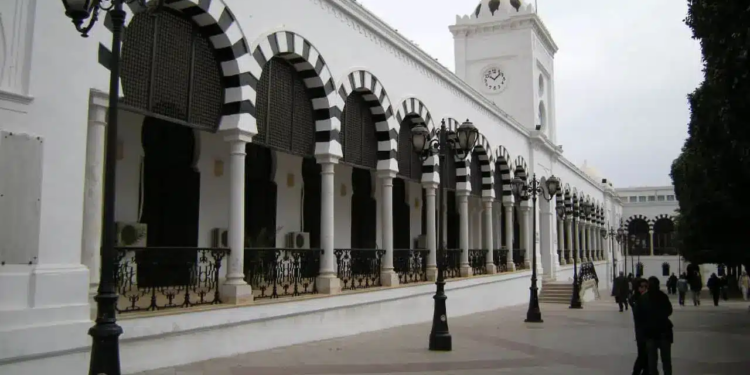The joint report of the finance committees of the Assembly of People’s Representatives and the National Council of Regions and Districts, presented this Wednesday, November 12 during the plenary session devoted to the mission of the Ministry of Finance, paints a contrasting but generally positive picture of the economic situation in the country as 2026 approaches.
Despite the persistence of geopolitical tensions, particularly in the Middle East, and the effects of climate change, Tunisia has managed to maintain relative budgetary stability. According to the report, the year 2024 recorded positive indicators, with full compliance with the State’s internal and external financial commitments and financing ensured mainly through the country’s own resources.
These resources, estimated at 47,011.5 million dinars, increased by 8.7% compared to 2023 (5.5%). This progression is essentially based on tax revenues, which represent around 89% of budgetary revenues, thus helping to limit the state deficit to 6.4%, compared to 7.6% recorded the previous year.
In 2025, the government continued its policy of consolidating its own resources, as part of a strategy of economic sovereignty. The efforts of the Ministry of Finance have enabled, until August 2025, an increase of 5.6% in overall budget revenues compared to the same period of 2024. Tax revenues increased by 6.4%, while non-tax revenues increased by 12.2%.
These results reflect a clear political will: to strengthen the country’s financial autonomy and reduce dependence on external debt, while falling within the guidelines of the 2026-2030 development plan currently in preparation. This plan aims to consolidate national sovereignty, preserve the independence of economic decisions and promote balanced openness regionally and internationally.








